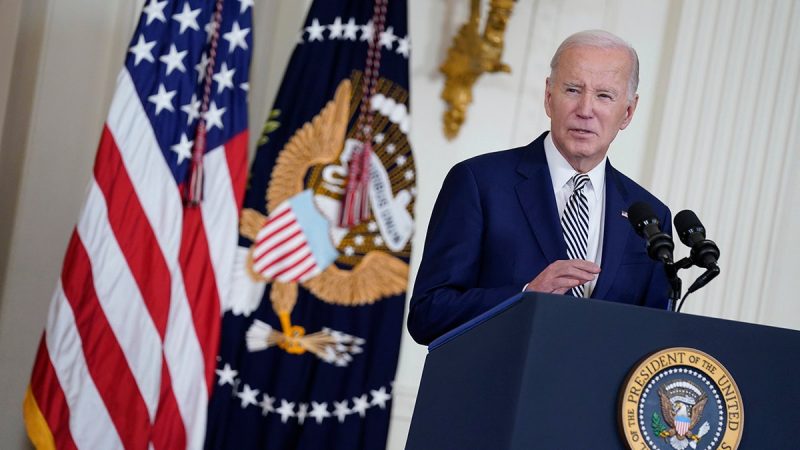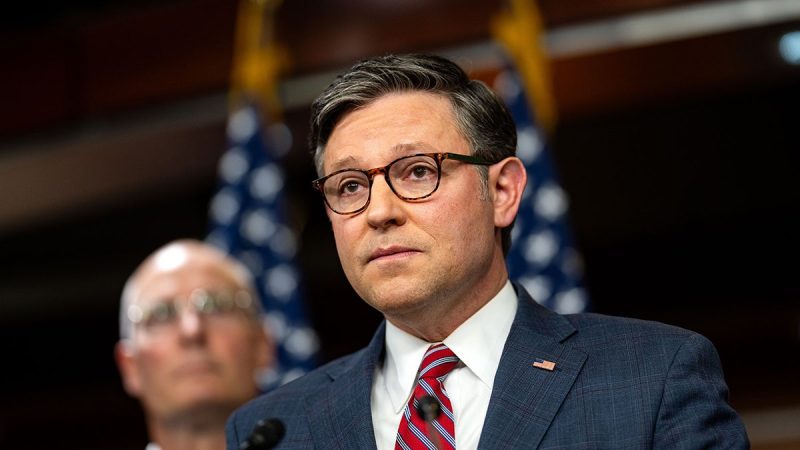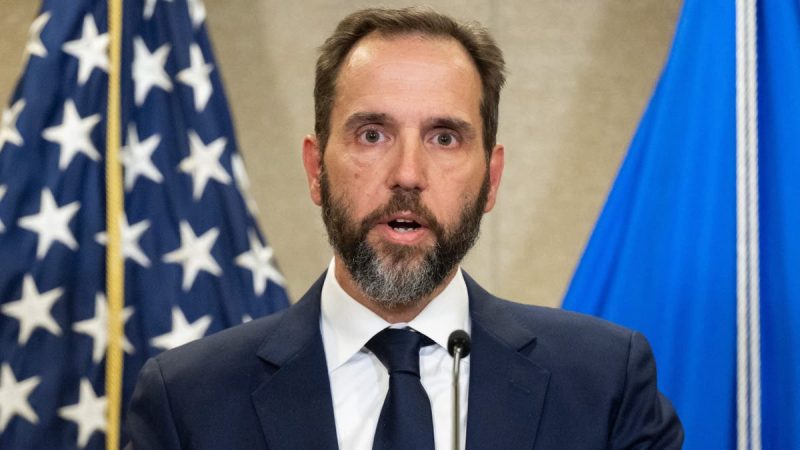Matt Gaetz resigns from Congress over Trump nod to be attorney general, Johnson says
Rep. Matt Gaetz, R-Fla., resigned from the House of Representatives on Wednesday, Speaker Mike Johnson, R-La., announced. Gaetz gave House GOP leaders his resignation notice on the same day President-elect Donald Trump tapped him to be his attorney general, Johnson said. ‘I
Warring GOP factions strike deal to raise threshold to oust a House speaker
House Republicans have reached an agreement on raising the motion to vacate threshold. Currently, House GOP Conference rules dictate that just one lawmaker is needed to call for a motion to vacate the chair, which would trigger a chamber-wide vote on
Special counsel Jack Smith asks court to halt his appeal against Trump in Florida case
Special counsel Jack Smith is asking an appeals court to halt his appeal against President-elect Trump for his alleged mishandling of classified and top-secret documents at his Mar-a-Lago estate in Florida. Smith did the same in the D.C. election interference case




